
Hello! My name is Sophia Gatto, and I am a Marine Corps veteran. I recently wrote an in-depth guide on everything you need to know about the ASVAB. Passing the ASVAB is the essential first step toward starting your military career. Preparing for the ASVAB is crucial, as it not only determines which branches you are eligible to enter but, more importantly, which jobs you qualify for.
Choosing a military career is a significant decision, and finding the right job can greatly impact your overall experience and future career prospects. Each branch of the U.S. Armed Forces offers a variety of Military Occupational Specialties (MOS) or rates. However, some jobs are more sought after than others due to their specialized skills, potential for civilian career transferability, or unique opportunities. In this article we’ll explore some of the most desired positions in each branch and the ASVAB scores required to qualify for them.
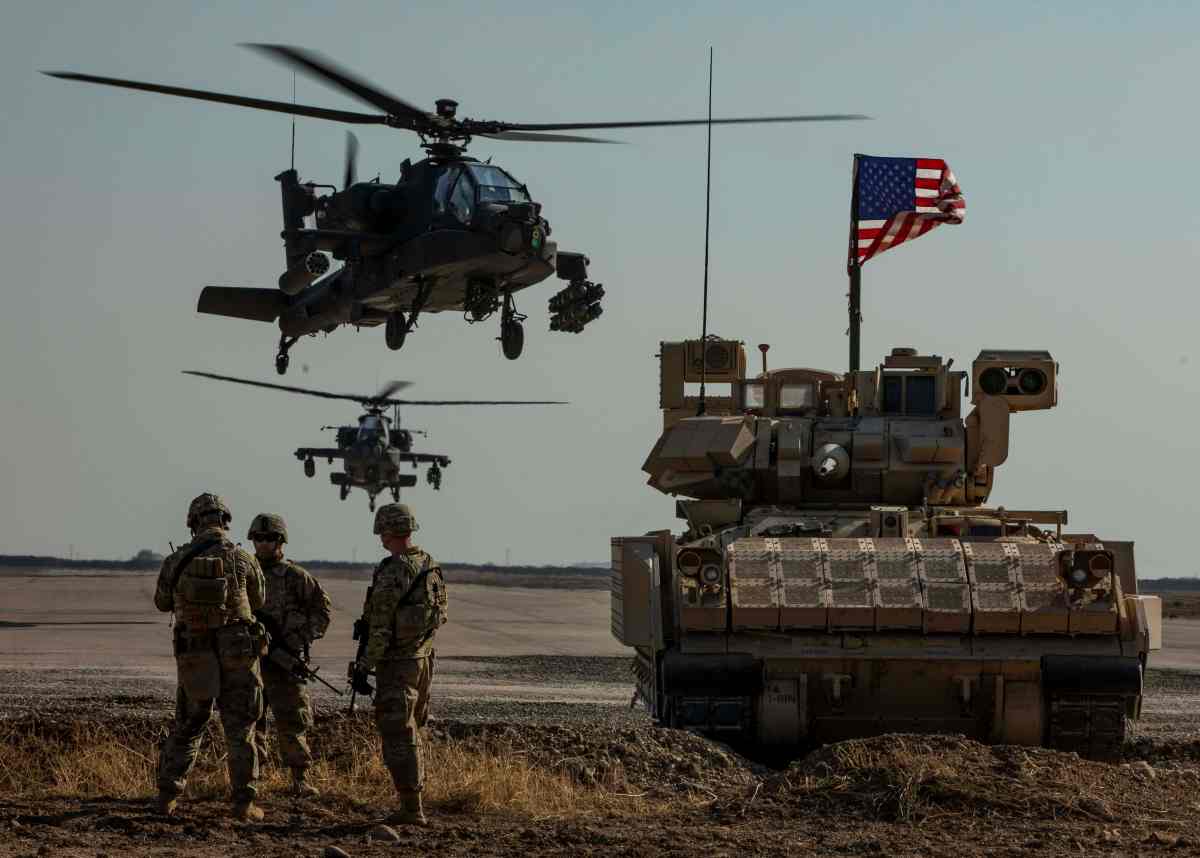
The Armed Services Vocational Aptitude Battery (ASVAB) is a multiple-aptitude test used to assess a candidate’s strengths, skills, and potential for success in military training and occupations. Your ASVAB scores determine which jobs you qualify for, and each branch has its own standards. The ASVAB includes ten subtests:
The scores of each subtest combine into different composite scores or line scores to assess suitability for specific roles. To find out more about how ASVAB scores are calculated and the difference between your line score and the Armed Forces Qualification Test (AFQT) score, please visit my previous post here.
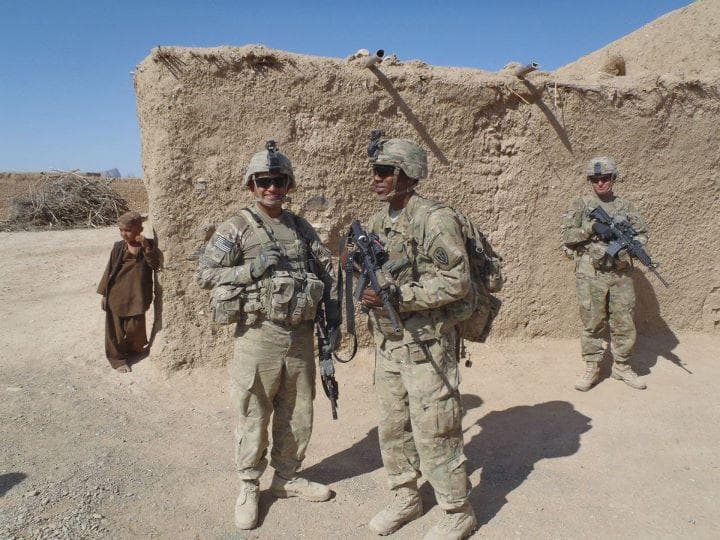
The U.S. Army offers a vast range of career opportunities, but certain jobs stand out due to their specialized training, elite status, or potential for career growth after service. Whether you’re looking for action, technical skills, or a path to a civilian career, the Army has a job for you. Below, we’ll take a closer look at some of the most sought-after roles and the ASVAB scores you’ll need to qualify for them.
Role: Special Forces, also known as Green Berets, are the Army’s elite soldiers who engage in missions such as direct action, counter-terrorism, unconventional warfare, and special reconnaissance. Operating in small, highly trained units, these soldiers can be deployed to the most challenging and hostile environments around the world.
ASVAB scores: To qualify, you’ll need a General Technical (GT) score of 110 or higher.
Why it’s popular: Being part of the Special Forces is about more than just being a soldier; it’s about being part of an elite team known for its advanced skills and adaptability. The extensive training covers everything from combat tactics to foreign language skills, making it a highly respected and adventurous career path. Plus, the leadership experience and specialized knowledge gained can open doors to other elite security roles in the future.
Role: Combat Medics are often the first responders in the field, providing emergency medical care to injured soldiers and assisting in military healthcare facilities. They must be ready to treat wounds, manage trauma, and handle stressful, high-stakes situations with precision.
ASVAB scores: To join, you’ll need a Skilled Technical (ST) score of 101 or higher.
Why it’s popular: If you have a passion for helping others, this role is an excellent way to make a difference. The skills you learn as a Combat Medic easily translate to civilian medical careers, paving the way for roles as a paramedic, nurse, or other healthcare employment. Plus, it’s one of the most respected positions in the Army, as these soldiers often save lives under intense pressure.
Role: In today’s digital world, the Army needs experts who can safeguard its cyber infrastructure. Cyber Operations Specialists are responsible for conducting both offensive and defensive cyber operations to protect Army networks. They prevent cyberattacks, secure sensitive information, and can even infiltrate enemy networks when needed.
ASVAB scores: This role requires a General Technical (GT) score of 110 and a Skilled Technical (ST) score of 112.
Why it’s popular: Cybersecurity is a growing field not just in the military but across the world. The training you receive as a Cyber Operations Specialist equips you with highly sought-after skills, making it easier to transition into IT, cybersecurity, or digital forensics roles after service. With the rise in cyber threats, there’s a high demand for experts who can keep data safe, making this a smart career choice for tech-savvy individuals.
These are just a few of the many opportunities available in the U.S. Army. Each of these roles offers specialized training, leadership development, and valuable skills that can translate into civilian careers. Whether you’re drawn to the action of Special Forces, the life-saving work of Combat Medics, or the technical challenges of Cyber Operations, the Army provides pathways that cater to various strengths and interests.
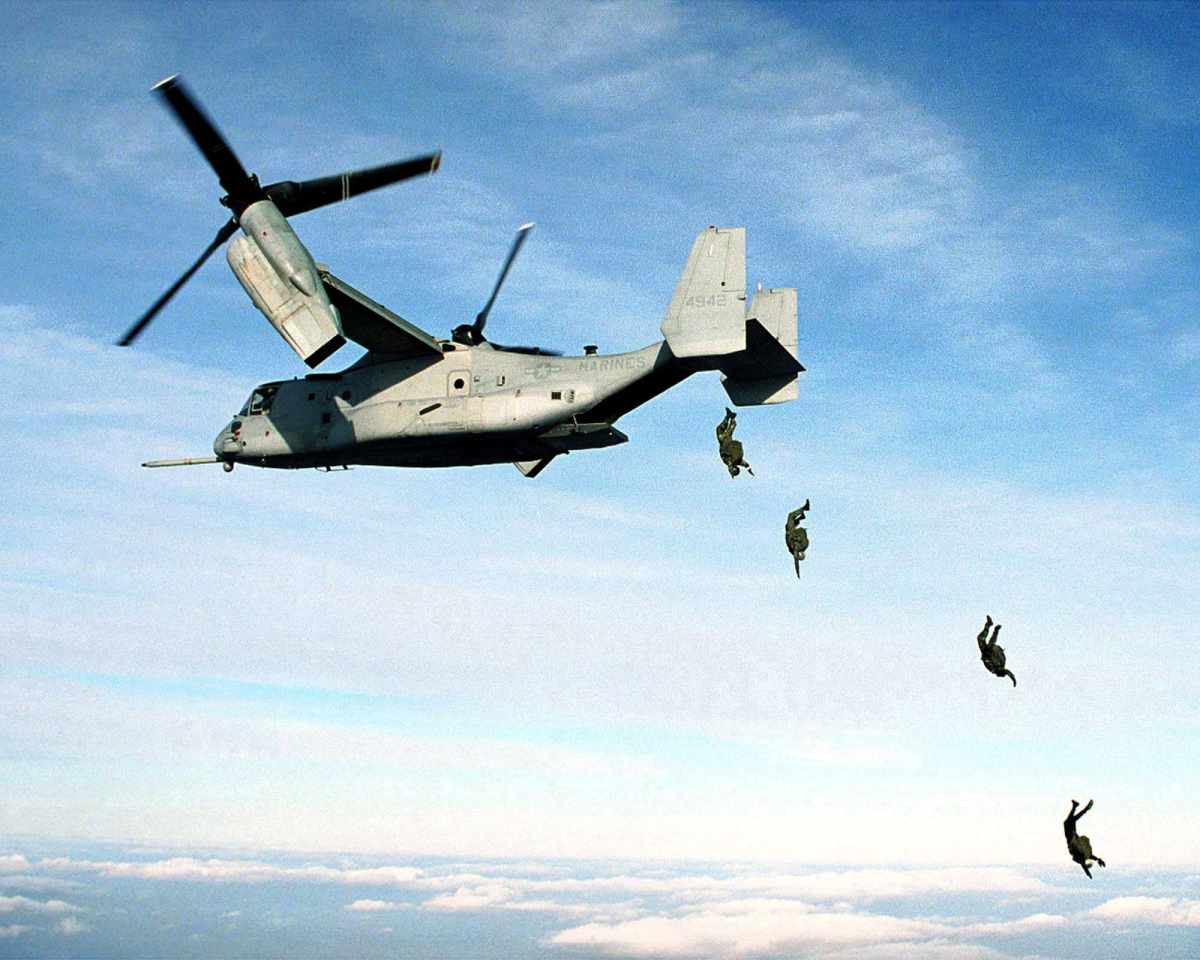
The Marine Corps is known for its intense training, combat readiness, and esprit de corps. It offers a variety of roles that allow Marines to develop specialized skills, take on leadership responsibilities, and prepare for future careers. Here are some of the most coveted Military Occupational Specialties in the Marine Corps, along with the ASVAB scores you’ll need to qualify.
Role: Reconnaissance Marines, often referred to as “Recon,” are highly skilled personnel who conduct amphibious and deep reconnaissance, raids, and other specialized missions. They operate in small, elite teams and are often tasked with gathering intelligence. Daily duties consist of stealth insertions and providing real-time information to support combat operations.
ASVAB scores: To qualify as a Recon Marine, you’ll need a General Technical (GT) score of 105 or higher.
Why it’s popular: This is one of the most prestigious roles in the Marine Corps, offering the chance to be part of an elite group with advanced training in everything from diving and parachuting to weapons and tactics. Recon Marines face physically and mentally demanding challenges, making this a career path for those who crave excitement, adventure, and the opportunity to be at the forefront of Marine operations.
Role: Aviation Mechanics in the Marine Corps are responsible for maintaining and repairing a variety of aircraft, including helicopters and tiltrotors like the MV-22 Osprey. They ensure that all systems, from engines to avionics, are functioning properly so that aircraft are ready for missions at a moment’s notice.
ASVAB scores: You’ll need a Mechanical Maintenance (MM) score or GT score of 105 to become an Aviation Mechanic.
Why it’s popular: Working as an Aviation Mechanic provides hands-on experience with cutting-edge technology and offers transferable skills for civilian careers in aviation maintenance and engineering. The knowledge gained in this role can lead to future opportunities in both the military and private sectors, making it a smart choice for those interested in aviation and mechanics.
Role: Intelligence Specialists are crucial to Marine Corps operations, as they gather, analyze, and disseminate intelligence information that helps guide strategic decisions. They work with classified information, provide detailed reports, and assist in planning combat operations based on their assessments.
ASVAB scores: To pursue this role, you’ll need a GT score of 110 or higher.
Why it’s popular: This job is ideal for those who have a keen eye for detail, strong analytical skills, and an interest in national security. The role offers opportunities for career advancement within the military, and the specialized intelligence training can lead to high-demand positions in federal agencies, law enforcement, or private-sector security after military service.
The Marine Corps emphasizes versatility, discipline, and leadership. These top MOSs allow Marines to develop a range of skills that are highly valued both in and out of the military. Whether you’re drawn to the thrill of Recon missions, the technical challenges of aircraft maintenance, or the strategic thinking required in intelligence, there’s a career path that fits your strengths and ambitions.
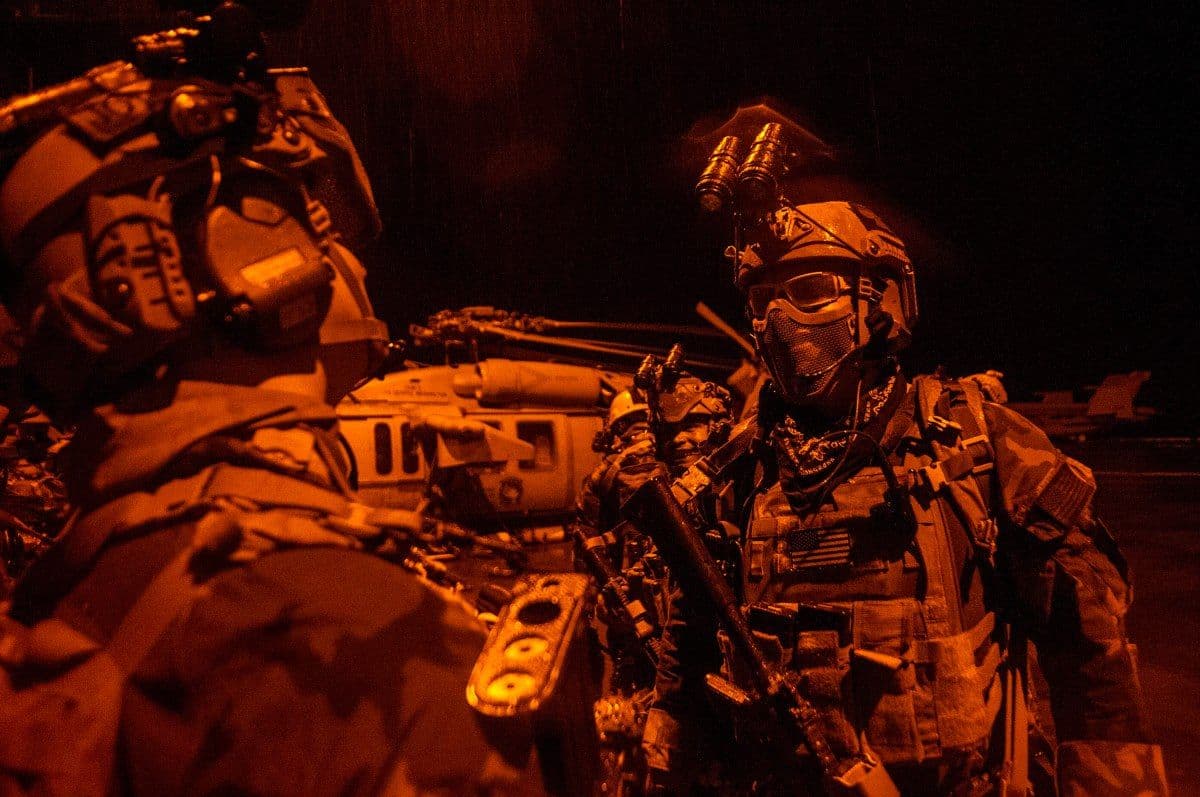
The U.S. Navy is known for its diverse career paths, from technical roles aboard submarines to elite special operations teams. Whether you’re seeking adventure, technical expertise, or a stepping stone to a civilian career, the Navy has something to offer. Below, we highlight some of the most sought-after ratings (jobs) in the Navy, along with the ASVAB scores you’ll need to qualify.
Role: Navy SEALs (Sea, Air, and Land) are part of an elite special operations force that conducts some of the most challenging missions, including direct action, special reconnaissance, counter-terrorism, and unconventional warfare. SEALs are trained to operate in all environments, from underwater to the skies, making them one of the most versatile forces in the military.
ASVAB scores: To become a SEAL, you’ll need to meet specific ASVAB score combinations: either GS + MC + EI = 165 or VE + MK + MC + CS = 220.
Why it’s popular: Being a Navy SEAL is synonymous with mental toughness, physical endurance, and elite training. This prestigious role attracts individuals who are looking for the ultimate challenge, along with opportunities to engage in high-stakes missions worldwide. SEALs receive extensive training that can lead to careers in private security and special operations consulting after their service.
Role: These highly specialized sailors operate and maintain nuclear reactors on submarines and aircraft carriers. There are three ratings within this field: Machinist’s Mate (Nuclear)–MMN, Electrician’s Mate (Nuclear)–EMN, and Electronics Technician (Nuclear)–ETN. They ensure that the nuclear reactors run safely and efficiently, allowing vessels to remain at sea for extended periods.
ASVAB scores: To qualify for a role in the Nuclear Field, candidates must achieve a minimum combined score of either AR + MK + EI = 252 or VE + MK + MC + CS = 222.
Why it’s popular: This role offers some of the most technically advanced training in the Navy, along with competitive pay and career benefits. Sailors in this field gain expertise that is highly valued in the civilian nuclear industry, opening doors to lucrative careers as engineers, technicians, and nuclear power plant operators.
Role: Cryptologic Technicians specialize in collecting, analyzing, and decoding communications to support intelligence efforts. They work with cutting-edge technology to monitor, intercept, and exploit foreign communications, helping to safeguard national security. This field includes various specializations, such as Cryptologic Technician (Collection), (Interpretive), and (Maintenance).
ASVAB scores: To become a Cryptologic Technician, you’ll need a General Technical (GT) score of 110.
Why it’s popular: This role appeals to those who enjoy working with technology, decoding information, and participating in secretive operations. The specialized training received in this field can lead to career opportunities in cybersecurity, intelligence, and government agencies like the NSA and CIA. The skills developed as a Cryptologic Technician are in high demand across the public and private sectors, making it a smart career choice for tech-savvy individuals.
The Navy offers an array of specialized career paths that cater to different interests and skill sets. Whether you’re aiming to be a part of an elite team like the SEALs, engage in technical operations as a Nuclear Propulsion Plant Operator, or dive into the world of intelligence as a Cryptologic Technician, there’s something for everyone.
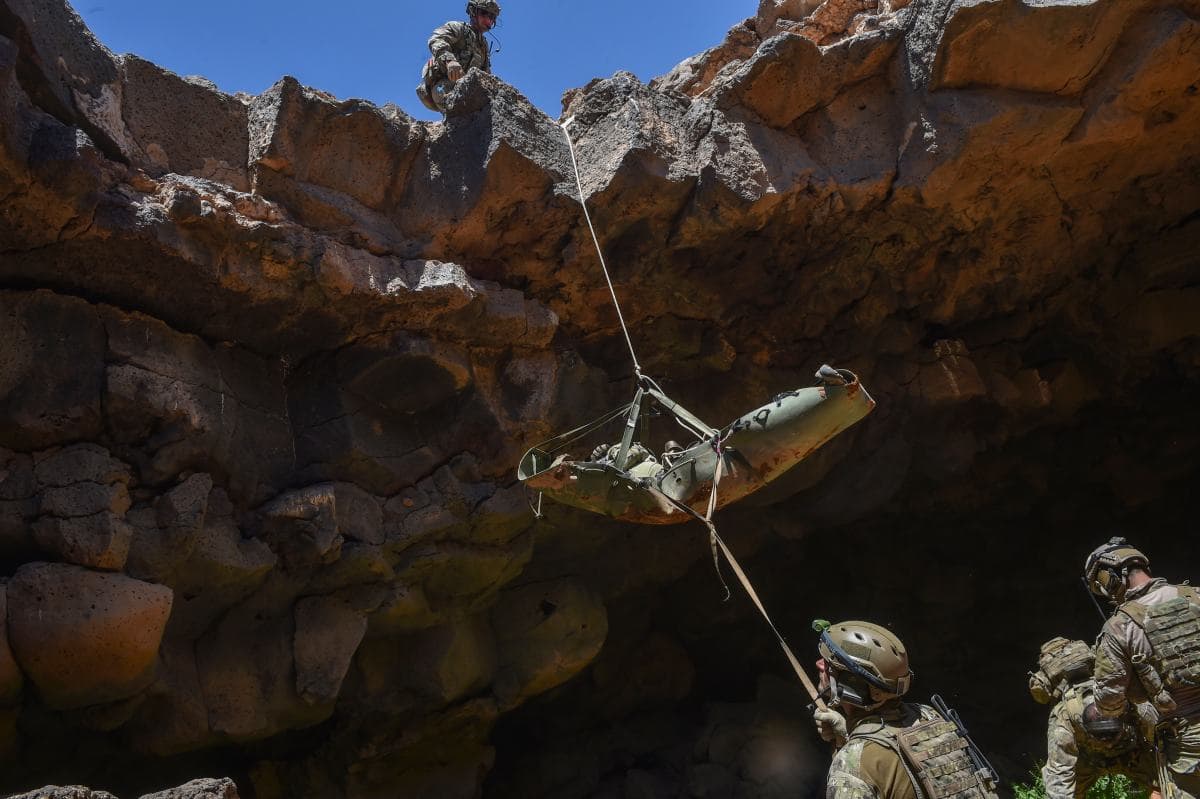
The U.S. Air Force offers a range of career fields that appeal to those seeking technical expertise, adventure, or a solid foundation for civilian careers. From rescuing downed pilots to managing complex cyber systems, the Air Force has something for everyone. Let’s explore some of the most popular Air Force Specialty Codes (AFSC) and the ASVAB scores needed to qualify.
Role: Pararescuemen, or “PJs,” are highly trained specialists who conduct rescue missions to recover and medically treat downed aircrew members and other isolated personnel. They operate in a variety of environments, including combat zones, and are skilled in parachuting, scuba diving, and emergency medical care.
ASVAB scores: To become a Pararescueman, you’ll need a General (G) score of 44.
Why it’s popular: This role is one of the most demanding and respected in the Air Force, combining intense physical challenges with life-saving medical skills. PJs undergo rigorous training, learning everything from combat tactics to emergency medicine, making them indispensable assets in rescue missions. The unique blend of combat readiness and medical expertise makes this career path both exciting and deeply rewarding.
Role: Air Traffic Control Specialists are responsible for managing the safe and orderly flow of air traffic, both on the ground and in the skies. They direct aircraft during takeoff, landing, and en route, ensuring that flights operate smoothly and efficiently.
ASVAB scores: To qualify, you’ll need a General (G) score of 55.
Why it’s popular: This role is in high demand both within the military and in the civilian sector. Air Traffic Control is a critical function for any air operation, and the skills acquired in this field can lead to lucrative civilian careers at airports and government agencies. The responsibility and precision required make it a challenging yet rewarding job for those who enjoy high-stakes environments.
Role: Cyber Systems Operators play a crucial role in protecting and maintaining the Air Force’s computer networks and communication systems. They ensure that all digital operations are secure, efficient, and reliable, defending against cyber threats and keeping systems up and running.
ASVAB scores: To become a Cyber Systems Operator, you’ll need a Cyber Test (CT) score of 64.
Why it’s popular: In an era where cybersecurity is paramount, this role offers cutting-edge training in IT and cyberdefense. The skills developed here are highly transferable, with excellent job prospects in the private sector. From protecting networks to maintaining communication infrastructure, Cyber Systems Operators are essential to modern military operations, making this a smart career choice for tech enthusiasts.
The Air Force emphasizes technical skills, innovation, and readiness. Whether you’re drawn to the adventure of Pararescue, the precision of Air Traffic Control, or the high-tech world of Cyber Systems Operations, there’s a career that suits your interests and strengths.
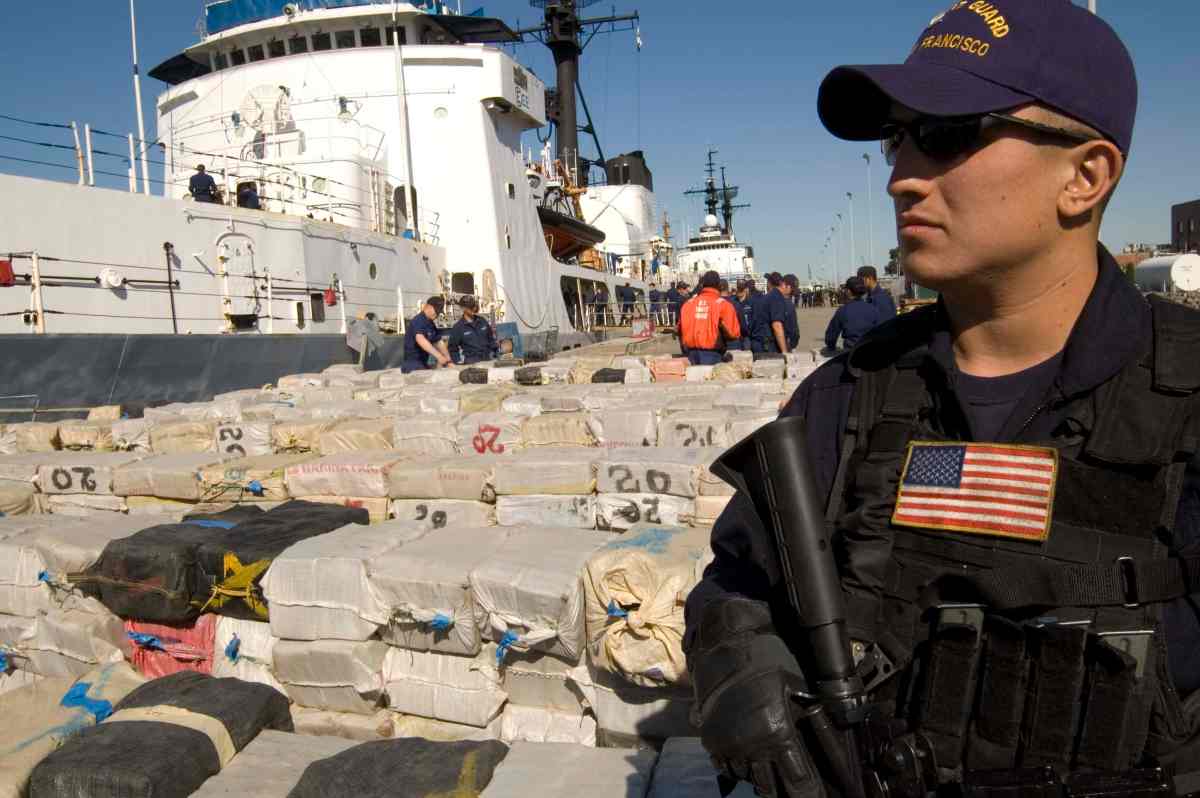
The U.S. Coast Guard plays a vital role in maritime safety, law enforcement, and national security. With responsibilities that range from search and rescue to combating drug trafficking, the Coast Guard offers a range of exciting and impactful career paths. Below, we explore some of the most popular ratings (jobs) in the Coast Guard, along with the ASVAB scores you’ll need to qualify.
Role: Maritime Enforcement Specialists are responsible for conducting law enforcement missions on the water. They engage in a variety of operations, including counter-drug, anti-piracy, and border protection efforts. These specialists enforce maritime law and protect U.S. waters, often working alongside other agencies like Customs and Border Protection.
ASVAB scores: To become a Maritime Enforcement Specialist, you’ll need a combined score of VE + AR = 100.
Why it’s popular: This role offers a unique blend of law enforcement and maritime operations. Those who pursue this career can expect diverse assignments, ranging from patrols to high-stakes operations against illegal activities. With opportunities for specialized training and leadership, it’s a perfect fit for those interested in law enforcement and security.
Role: Commonly known as “rescue swimmers,” Aviation Survival Technicians are highly trained to perform search and rescue missions, often involving helicopter deployments to save people in distress at sea. They also ensure that survival equipment and procedures are in top condition and ready for emergencies.
ASVAB scores: You’ll need a VE + AR score of 100 to qualify as an AST.
Why it’s popular: This role is one of the most physically demanding and adrenaline-fueled positions in the Coast Guard. ASTs are trained to rescue people from dangerous situations, including extreme weather and rough seas. The chance to save lives while working in challenging, fast-paced environments makes this a coveted position for those who thrive on physical challenges and helping others.
Role: Intelligence Specialists collect, analyze, and interpret information that supports Coast Guard missions. They handle classified data, assess potential threats, and provide intelligence that informs strategic decisions. This role is crucial for maintaining national security and supporting various operations, from drug interdiction to counter-terrorism.
ASVAB scores: To become an Intelligence Specialist, candidates need a VE + AR score of 100.
Why it’s popular: With specialized training and a key role in the security of the nation, this career path appeals to those who are detail-oriented, analytical, and interested in the field of intelligence. It offers the potential for career growth within the Coast Guard and can lead to future opportunities in federal agencies or the private sector.
The Coast Guard’s diverse roles ensure that there’s something for everyone, whether you’re drawn to law enforcement, search and rescue, or intelligence. Each of these ratings provides valuable training, unique challenges, and the chance to make a meaningful impact on maritime safety and security.
Your ASVAB score plays a critical role in determining your eligibility for different military jobs, and excelling in specific subtests can open doors to some of the most desired positions in each branch. Understanding the requirements and duties of each role can help you make an informed decision about your future military career. Whether you’re aiming to be a Special Forces operator, an aviation mechanic, or a cyber specialist, there are countless opportunities to find a job that suits your skills and passions.
Preparation for the ASVAB is essential to qualify for these roles. Your scores will determine which ratings you are eligible for, so studying thoroughly and aiming for high marks can open doors to these exciting careers. By choosing a role that aligns with your interests and strengths, you can embark on a fulfilling path that makes a difference both on and off the water.

Looking for the average ACT scores by state and the percentage of graduates that took the ACT? Then look no further! In this deep dive, we review four years of data to get insight into which states are doing the best – and worst – with the ACT exam.

We’ve tracked down the acceptance rates of some of the easiest colleges to apply for in the country, so you don’t have to. With special sections for CA, FL, TX, and NY. Read on to find out more.

Do you have a 3.5 GPA? Are you curious about which schools you have a good chance of getting into with a 3.5 GPA? There are numerous options from prestigious institutions to high-ranked liberal arts colleges. The opportunities are endless and in this blog, we will explore these colleges and universities, explore strategies on how …